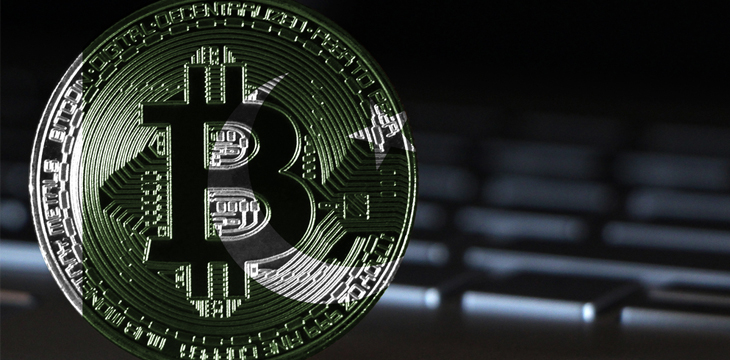|
Getting your Trinity Audio player ready...
|
On Monday, Pakistani finance minister Asad Umar denied a report that the country was about to legalize the trade of Bitcoin Core (BTC) across the country. This was first reported in the Business Recorder, which gave some pretty clear details of exactly what the new guidelines would entail.
According to the report, the top intelligence agency in Pakistan has given the final approval to Umar that they approve of the legalization of the BTC trade. In addition, they suggested that 5000 different cryptocurrency exchanges and dealers should be allowed to register across the country. This was subject the retailers and investors to tax laws, which could be a major source of revenue for Pakistan.
According to the report, the intelligence agency shared a number of details regarding the implementation plan, including policies, regulations, and how the guidelines will be enforced. With the cryptocurrency market rapidly developing within Pakistan, it has enabled investors to make a lot of money without having to pay taxes, something that the government is hoping they will be able to correct.
While it is not surprising that governments are looking to get in on the financial pie of digital currencies, it makes even better sense in Pakistan. Umar recently met with members of the IMF to discuss the final stages of a bailout package that would give a substantial loan to Pakistan.
The agreement between Pakistan, the World Bank, and the IMF appears to be almost complete. It is expected that the agreement will be completed at the annual meetings of the World Bank that are held next month in Washington. Pakistan has received several loans from the IMF since the late 1980s, and there would be no reason to believe they would not receive a bailout at this point.
If the government intends to regulate BTC and other digital currencies, this would give them a significant source of revenue. That would only bolster their position with the IMF to receive the loan.
The only question is whether this report is actually true. Umar has vehemently denied it, but the evidence clearly appears to be contradicting him.

 02-19-2026
02-19-2026 




